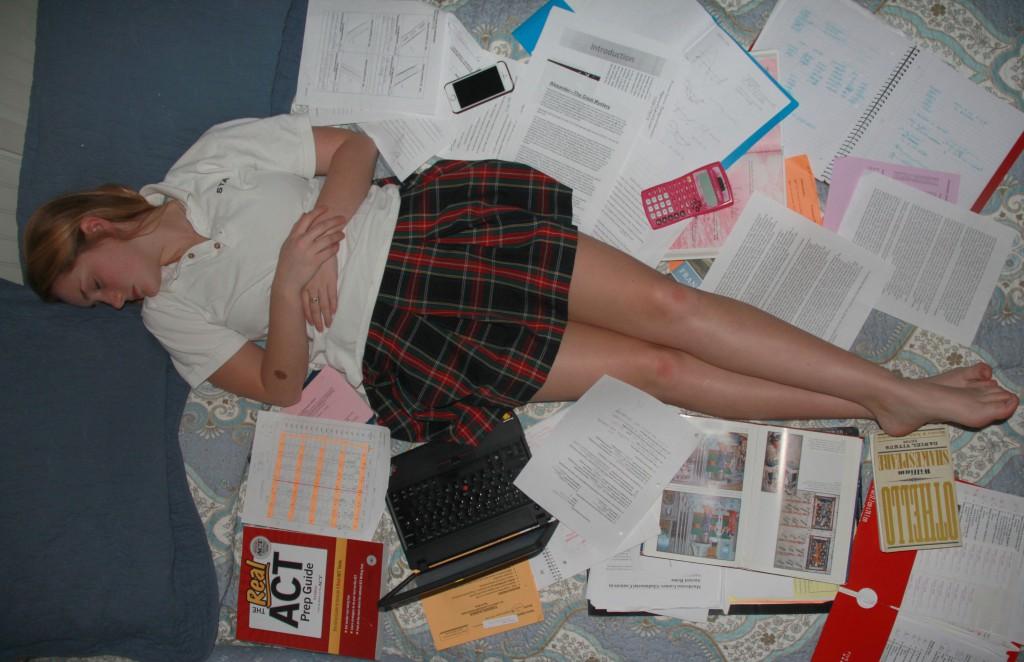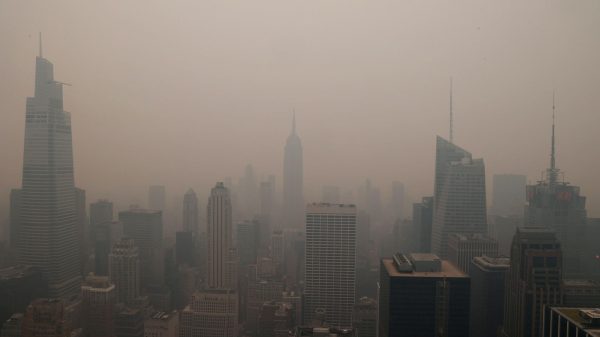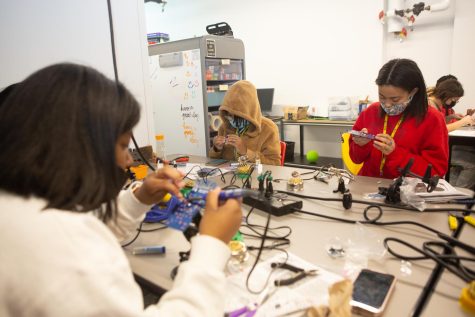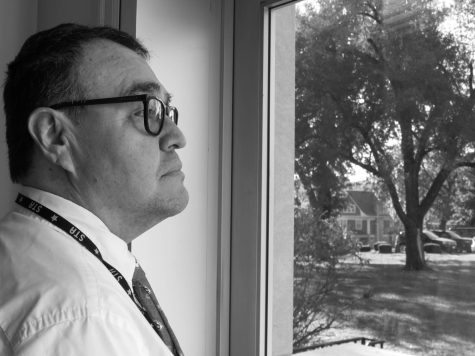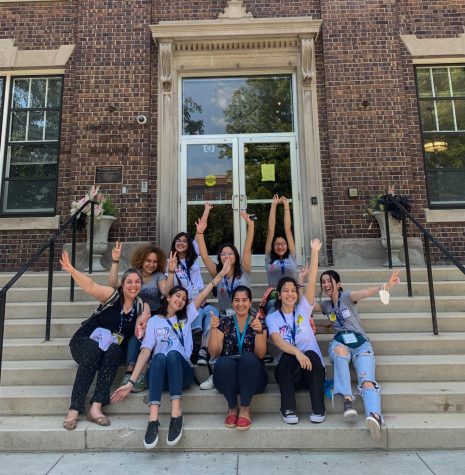Students suffer sleep deprivation
November 19, 2014
by Katherine Green and Mary Hilliard, alternative coverage compiled by Christina Elias
After cross country practice, dinner, work and a drive home through traffic, junior Hallie Ryan sits down to start her homework at 9:30 p.m.
I’m completely exhausted, but I still have three hours of homework.
Entering high school means a lot of different things to different students. However, according to the Center for Advancing Health, 92 percent of the United States’ high-school students share something in common: sleep deprivation.
At STA, sleep deprivation can be caused by a number of different things. Since students have the opportunity to take advanced classes, play sports and be a part of other extracurriculars, stress is added to complete each task.
“Sleep deprivation, in other words not getting enough sleep to function at a high level … is a chronic problem for teenagers,” psychology teacher Pat Sirridge said.
I’m going to be so tired tomorrow.
Studies show that high school students need 9 hours of sleep to be fully rested. But according to a poll by the National Sleep Foundation, less than 20 percent of students reported getting that much sleep on a school night.
I guess I’ll do the easy homework first; at least I can get the satisfaction of crossing those assignments out in my planner.
“I think that many of the students choose to study, and they also want to be social,” social studies teacher Ray Hain said. “So, they’re going to choose [social time] and study over sleep, and so that creates sleep deprivation. There’ll be a few [students] who don’t care, and they’ll give up the study part. But most here, with the stress level to do [well] academically, [will] stay up later rather than flunk a test and still have social time.”
On top of students having extracurriculars to attend as well as homework to do, Sirridge says distractions in the bedroom can lead to sleep deprivation also.
“[Students] have a full load of things to do and not quite enough time to get them in,” Sirridge said. “Then if you add that on to the social media time that teenagers seem to love, whether it’s computer or texting or doing other kinds of things with Twitter, that has caused an extra amount of time to be used instead of sleep. So… [students] have too much to do, yet their own sorts of habits and behaviors now are also causing a loss of sleep.”
I can’t get distracted; I have so much homework to finish.
According to Psychology Today, electronics are not just a distraction; they can actually prevent or delay sleep because the light from a screen can suppress melatonin, the hormone in the brain that signals sleep.
Few students are aware that lack of sleep has other side effects than just being tired throughout the day. According to the National Sleep Foundation, sleep deprivation can “limit your ability to learn, listen, concentrate and solve problems.” It can also cause forgetfulness of names or dates. Lack of sleep can also contribute to acne or other skin problems. According to the Huffington Post, long-term effects include increased stroke risk, obesity, memory loss and bone damage.
I probably wouldn’t be as stressed out if there wasn’t so much pressure to be a well-rounded student, enrolled in challenging classes, involved in sports and extracurriculars and keeping a job to earn my own money.
“I can see St. Teresa’s as a college preparatory is a high-stress academic environment [and doing well in school is] a higher priority than sleep and it has to be a balance,” Hain said.
Ryan looks at her phone. 1:00 a.m.
Maybe it’s time to call it a night.
She shuts down her netbook, stacks her notes and books, turns off the light and sets her alarm for 6:15 a.m. Another day over.



